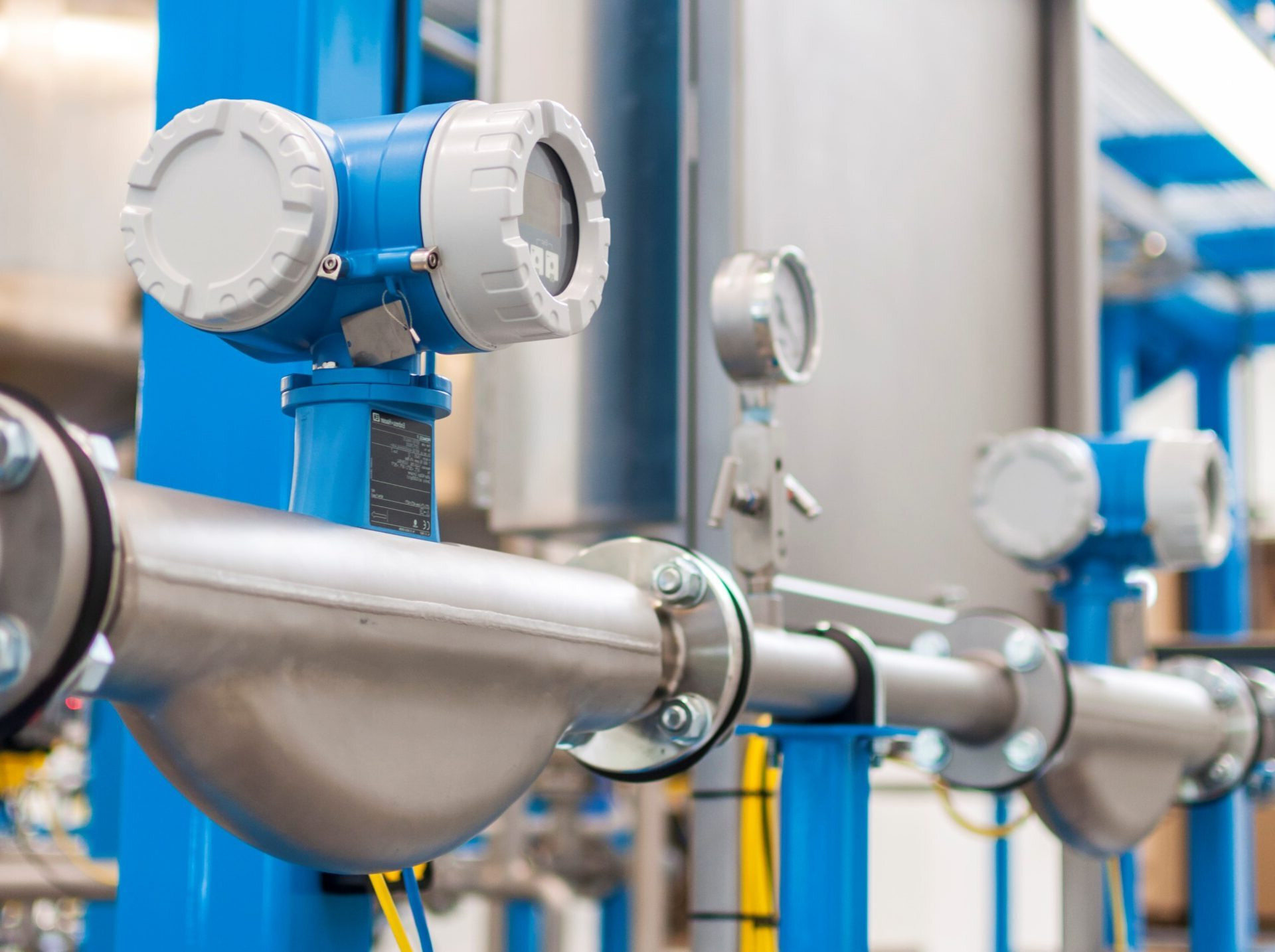
What is a flow meter? A flow meter measures the rate at which liquid or gas moves through a pipe. These devices are essential in various industries, from water treatment plants to oil refineries. They help ensure processes run smoothly by providing accurate data on fluid movement. There are different types of flow meters, each suited for specific applications. Some use mechanical parts, while others rely on ultrasonic waves or magnetic fields. Understanding how these instruments work can save time, money, and resources. Whether you're a student, a professional, or just curious, learning about flow meters can be incredibly useful.
What is a Flow Meter?
A flow meter measures the rate at which a fluid (liquid or gas) moves through a pipe or conduit. These devices are essential in various industries, from water treatment to oil and gas. Let's dive into some fascinating facts about flow meters.
-
Flow meters can measure both liquids and gases, making them versatile tools in many industries.
-
The first flow meters were developed in the early 20th century, revolutionizing how industries monitored fluid movement.
-
There are several types of flow meters, including ultrasonic, electromagnetic, and turbine flow meters.
-
Ultrasonic flow meters use sound waves to measure fluid velocity, offering high accuracy without any moving parts.
-
Electromagnetic flow meters work on Faraday's Law of Electromagnetic Induction, requiring the fluid to be conductive.
-
Turbine flow meters have a rotor inside that spins as fluid passes through, translating the rotational speed into flow rate.
Applications of Flow Meters
Flow meters play a crucial role in various applications, ensuring processes run smoothly and efficiently. Here are some key uses:
-
In water treatment plants, flow meters monitor the amount of water being processed and distributed.
-
The oil and gas industry relies on flow meters to measure the flow of crude oil, natural gas, and refined products.
-
Flow meters are used in HVAC systems to measure the flow of air and other gases, ensuring optimal performance.
-
In the food and beverage industry, flow meters help maintain the correct flow rates of ingredients during production.
-
Pharmaceutical companies use flow meters to ensure precise dosing of liquids in drug manufacturing.
-
Flow meters are essential in chemical processing plants to monitor the flow of various chemicals and ensure safety.
Benefits of Using Flow Meters
Using flow meters offers numerous advantages, from improving efficiency to ensuring safety. Here are some benefits:
-
Flow meters provide accurate measurements, helping industries maintain quality control.
-
They help detect leaks in pipelines, preventing costly damages and environmental hazards.
-
Flow meters can optimize energy usage by monitoring and controlling fluid flow rates.
-
They reduce waste by ensuring the correct amount of fluid is used in processes.
-
Flow meters can be integrated with digital systems for real-time monitoring and data analysis.
-
They help maintain compliance with industry regulations by providing precise flow measurements.
Technological Advancements in Flow Meters
Flow meter technology has evolved significantly over the years, leading to more accurate and reliable devices. Here are some advancements:
-
Smart flow meters can connect to the Internet of Things (IoT), allowing remote monitoring and control.
-
Advanced materials and coatings have improved the durability and lifespan of flow meters.
-
Modern flow meters can measure multiple parameters, such as temperature and pressure, in addition to flow rate.
-
Wireless flow meters eliminate the need for extensive wiring, reducing installation costs and complexity.
-
Self-calibrating flow meters ensure consistent accuracy without the need for manual adjustments.
-
Flow meters with built-in diagnostics can detect and alert users to potential issues before they become serious problems.
Challenges and Considerations
Despite their many benefits, using flow meters comes with some challenges and considerations. Here are a few:
-
Selecting the right type of flow meter for a specific application can be complex due to the variety of options available.
-
Flow meters require regular maintenance to ensure accuracy and longevity.
-
Installation can be challenging in existing systems, especially in tight or hard-to-reach spaces.
-
Environmental factors, such as temperature and pressure, can affect the performance of flow meters.
-
The initial cost of high-quality flow meters can be significant, though they often pay for themselves through improved efficiency and reduced waste.
Final Thoughts on Flow Meters
Flow meters are essential tools in various industries. They measure the flow rate of liquids and gases, ensuring processes run smoothly. From simple mechanical meters to advanced ultrasonic ones, each type has its unique advantages. Understanding these can help you choose the right one for your needs.
Accuracy, maintenance, and cost are key factors to consider. Some meters require regular calibration, while others are low-maintenance. Investing in the right flow meter can save time and money in the long run.
Flow meters also play a crucial role in environmental monitoring. They help track water usage, detect leaks, and ensure compliance with regulations. This makes them vital for sustainable practices.
In short, flow meters are more than just measuring devices. They are critical for efficiency, safety, and sustainability in many fields. Choose wisely, and you'll reap the benefits.
Was this page helpful?
Our commitment to delivering trustworthy and engaging content is at the heart of what we do. Each fact on our site is contributed by real users like you, bringing a wealth of diverse insights and information. To ensure the highest standards of accuracy and reliability, our dedicated editors meticulously review each submission. This process guarantees that the facts we share are not only fascinating but also credible. Trust in our commitment to quality and authenticity as you explore and learn with us.
